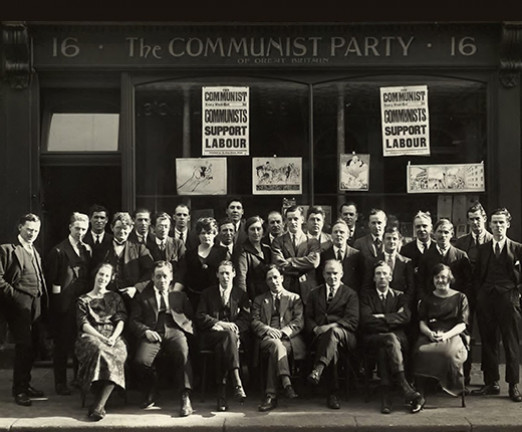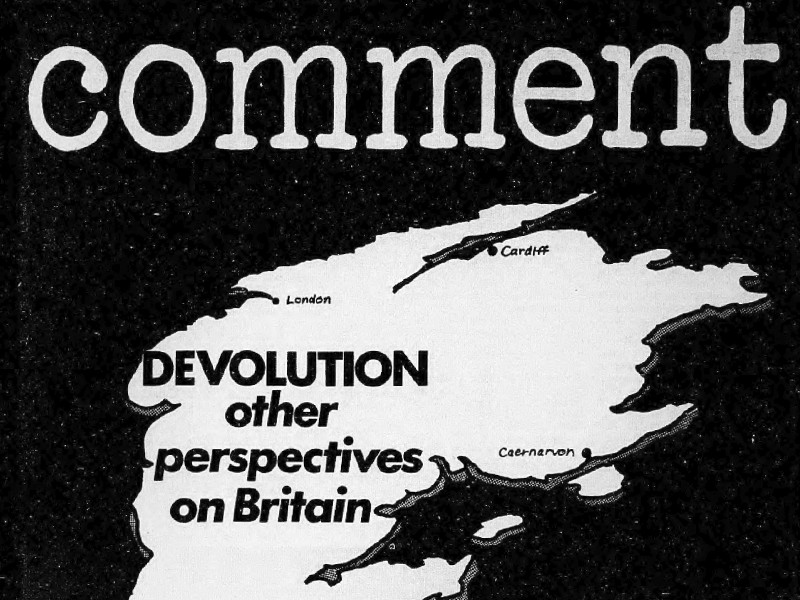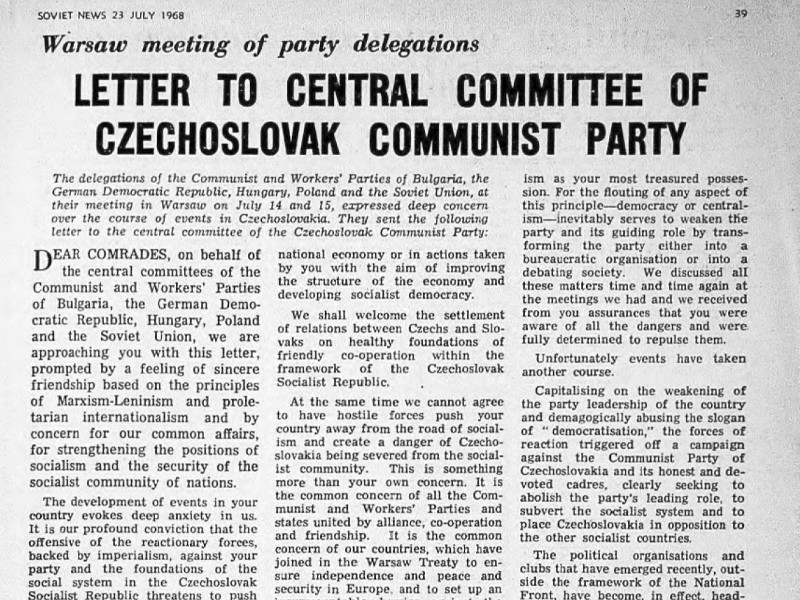
Communism in Crisis in Britain and Abroad, 1931–1979

The personal papers of John Gollan
The whole idea of Socialism is now compromised in Hungary. The masses of workers now say ‘We are not interested in Socialism or Capitalism. We want to live better.'CPGB Report on Hungary
Access the full collection
Access the full archive of Communism in Crisis in Britain and Abroad, 1931–1979.
Institutional Free Trial
Start your free trialRegister for a free 30-day trial of Communism in Crisis in Britain and Abroad, 1931–1979, for your institution.
Institutional Sales
Visit Sales PagesellFor more information on institutional access, visit our sales page.
Single User License
Purchase a license below to view the full collection.
Already have a license? Sign in.
Study first hand accounts of the international and domestic crises of communism

John Gollan (1911-1977) was a political leader and communist activist in Britain during the 20th century. Gollan joined the Communist Party of Great Britain (CPGB) in 1926 following his involvement in the General Strike of the same year. A close apprentice and confidante of Harry Pollitt, he was seen as the most appropriate and able person to take over his crucial role of General Secretary in 1956.
Gollan’s leadership became characterised by crises in both the international communist movement and in his party back home. His and others’ apologist attitude for the Soviet Union’s interventions in Hungary (1956) and Czechoslovakia (1968) caused reputational damage to the CPGB and sowed deep divisions in the very fabric of the party. This collection, drawn from Gollan’s personal papers, attests to the slow decline of the CPGB as it increasingly lurched from firefighting international controversies to domestic irrelevance.
The collection is also accompanied by three contextual essays written by Professor Kevin Morgan.
Contents

Highlights

Licensed to access Gollan on trial for sedition, 1931

Licensed to access Fallout from the Hungarian Revolution, 1956
Insights
- John Gollan was born into a working class family in Scotland in 1911 and became politicised during the General Strike of 1926. Featured material from his early life shows his role in the youth movements of the 1930s.
- He gradually built up a respected reputation within the CPGB and became close to General Secretary Harry Pollitt. He was deemed the most able and appropriate person to take over this key position upon Pollitt’s retirement in 1956.
- Gollan’s premiership at the top of the CPGB seemed intertwined with disasters for the international communist movement and a declining influence for the CPGB in Britain.
- Consecutive Soviet interventions in Hungary in 1956 and Czechoslovakia in 1968, two of their ‘satellite’ states during the Cold War, caused massive reputational damage for the CPGB. It also created a deep chasm between those, like Gollan, who acted as apologists for Soviet violence, and those who believed it’s authoritarianism had gone too far.
- The seeds of division sowed by the experience of Hungary and Czechoslovakia led to a blossoming of Eurocommunism in the CPGB as a counter-weight to the Soviet-supporting hardliners. By the time Gollan stepped down in the 1970s the CPGB was in barely disguised open warfare over the direction of the party.
- As well as a wealth of material on international issues, the collection also demonstrates Gollan’s efforts to keep the CPGB relevant to British politics amid disasters and lost credibility.
Unlock Historical Research for Your Institution
Provide your students and researchers with direct access to unique primary sources.
Related Media


The Departments of the Communist Party of Great Britain: A Detailed Guide Contextual Essays








